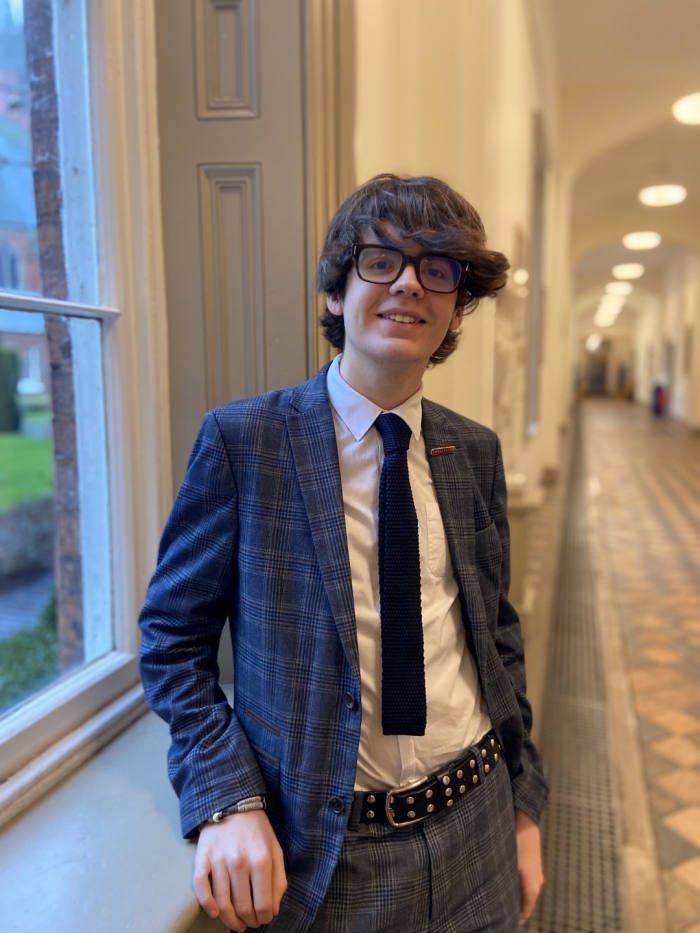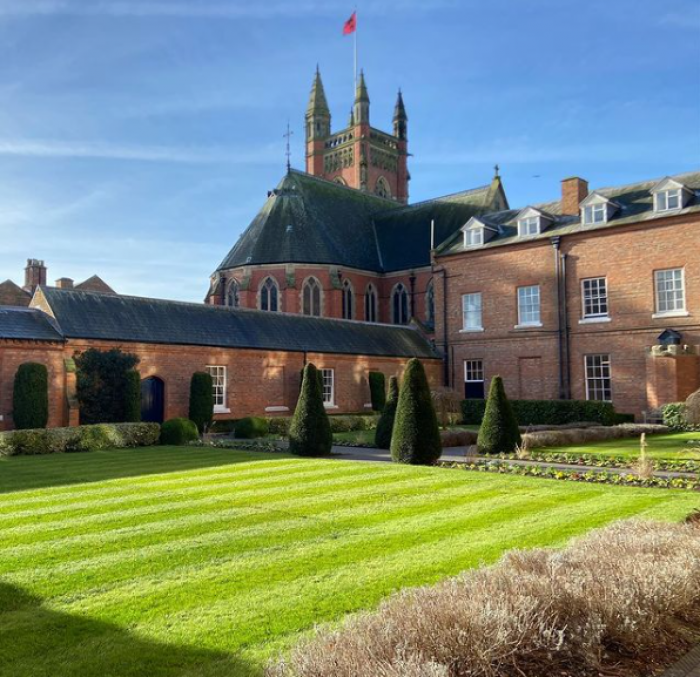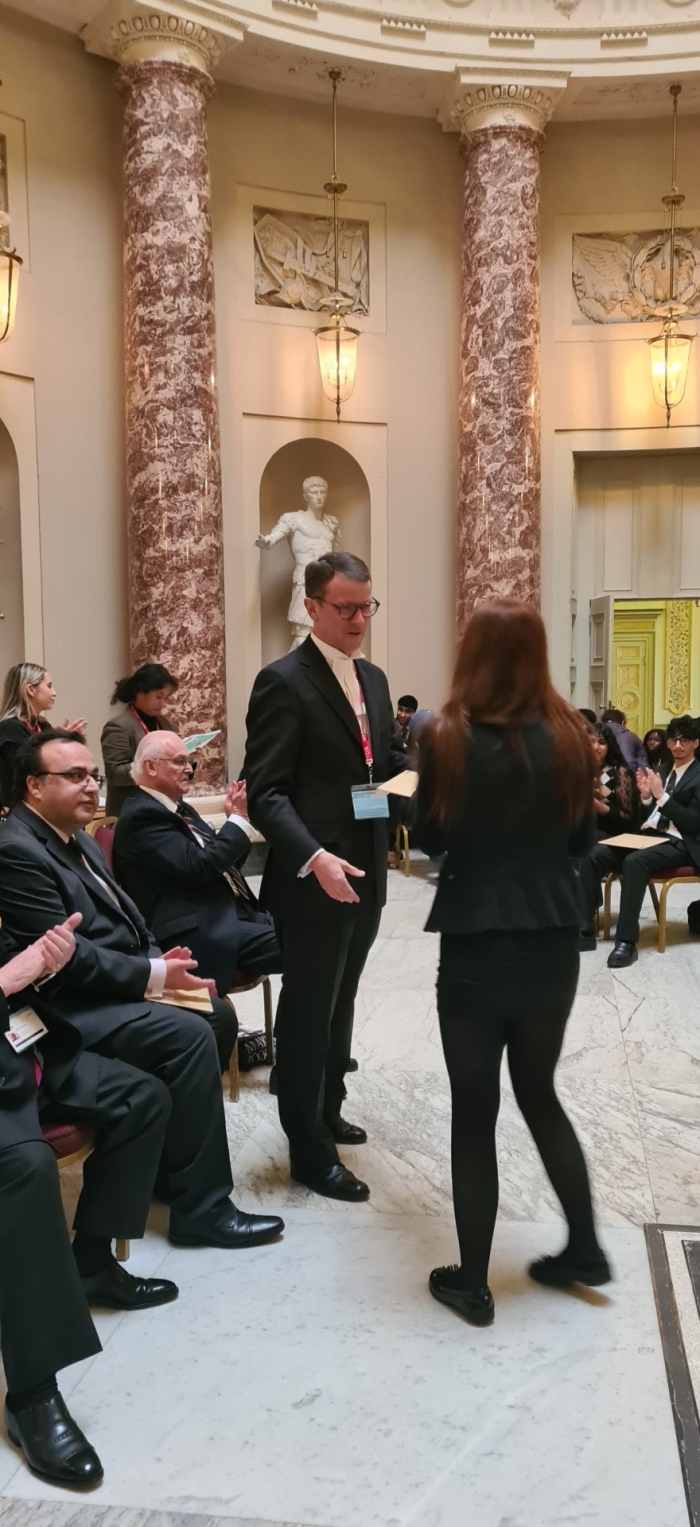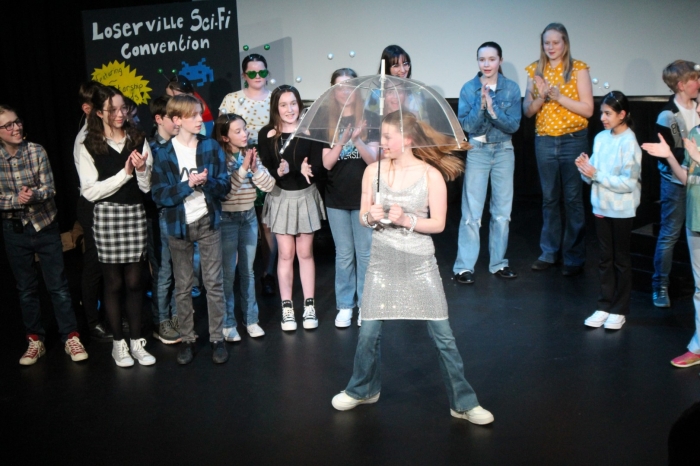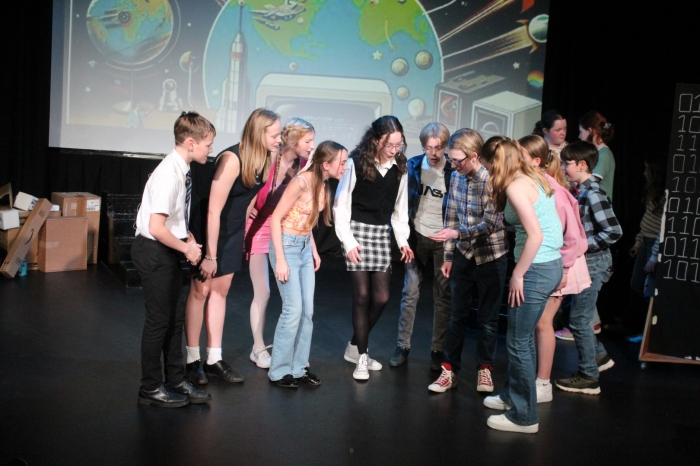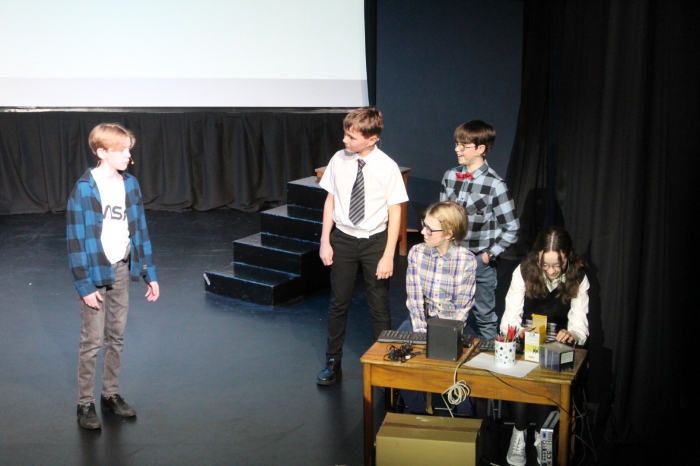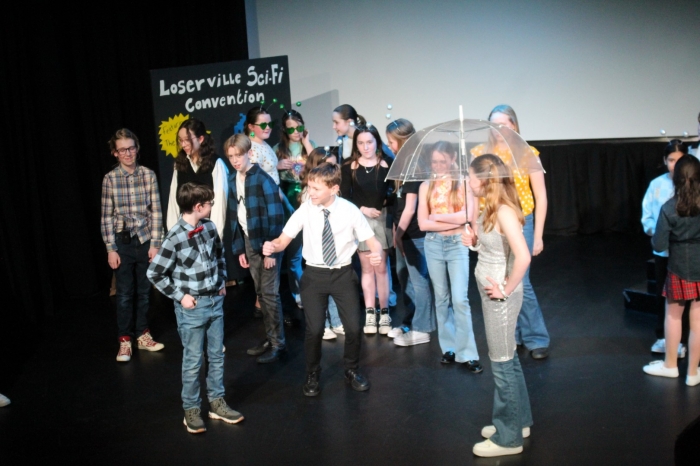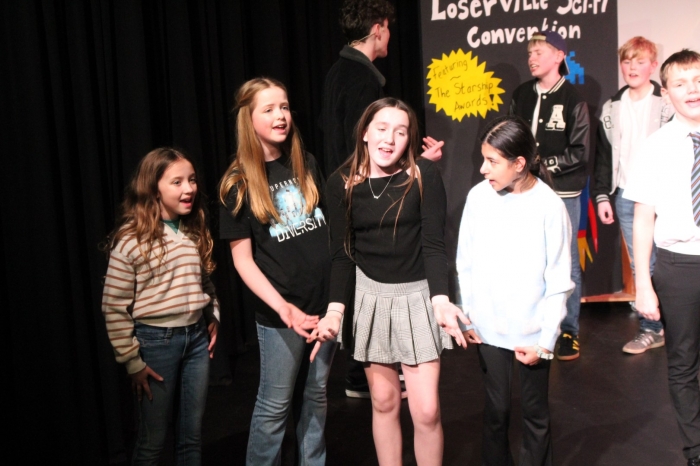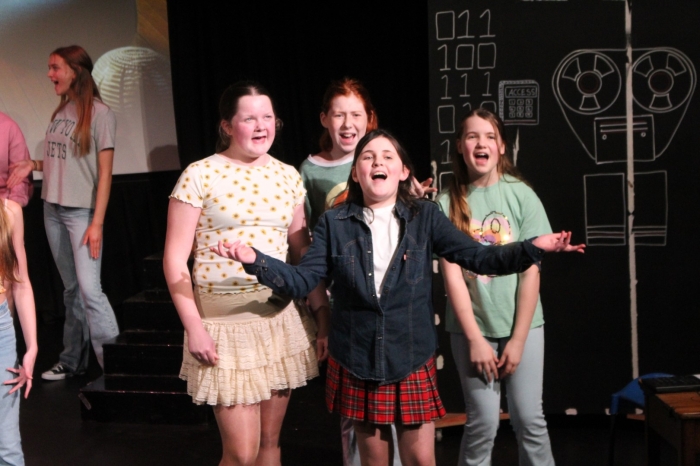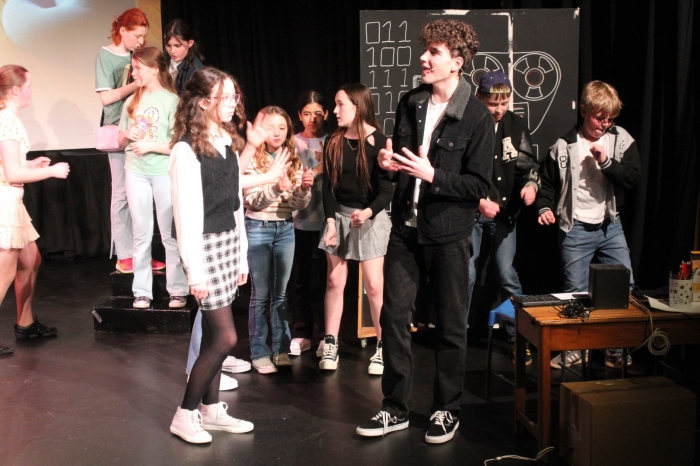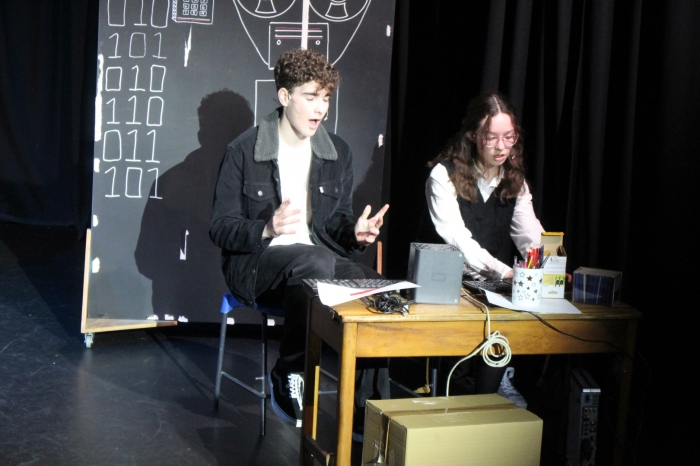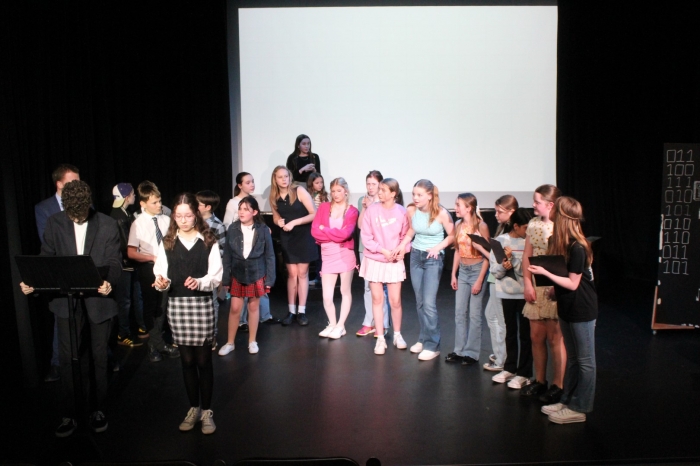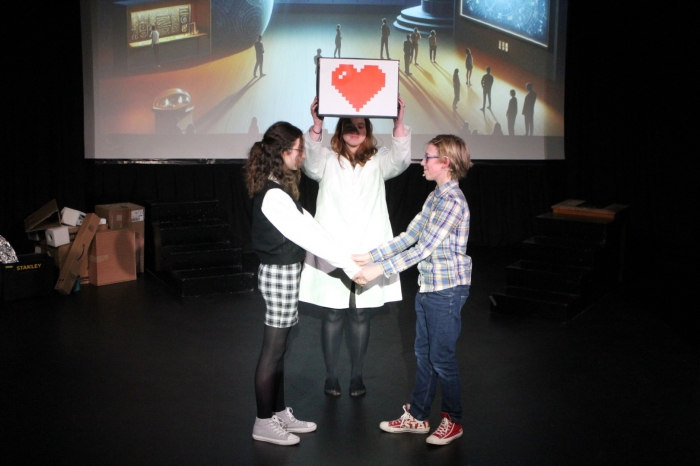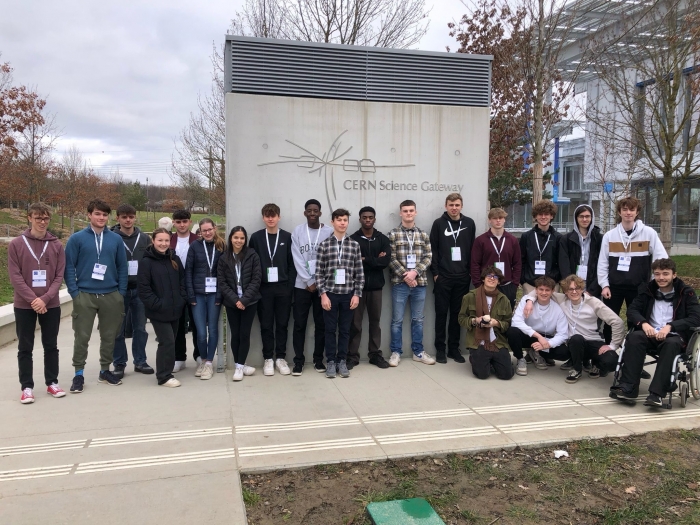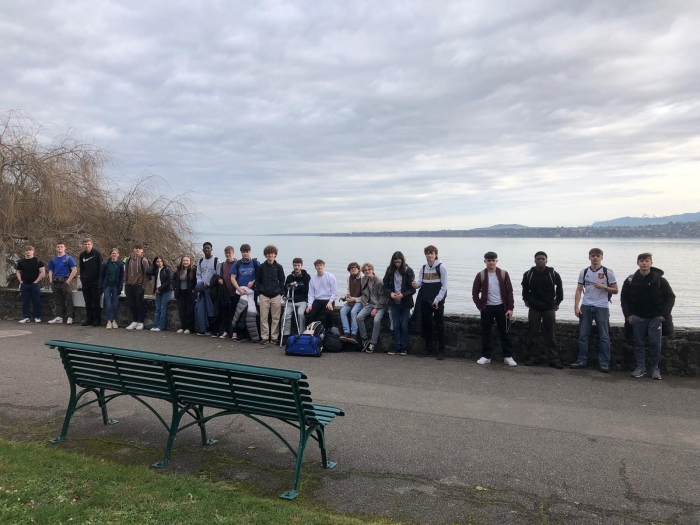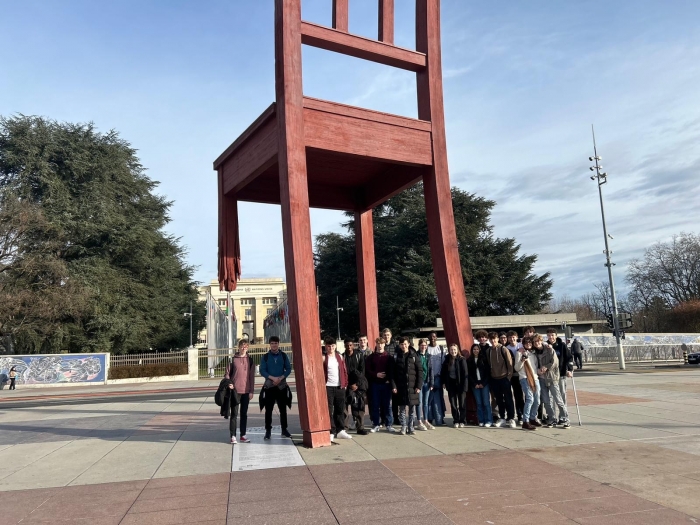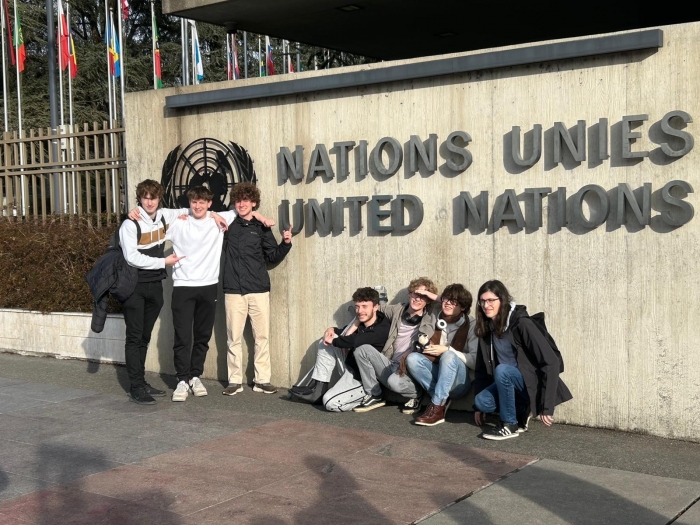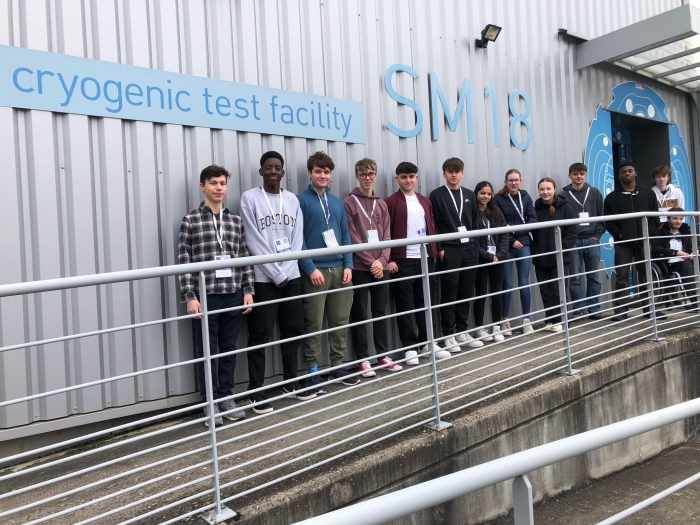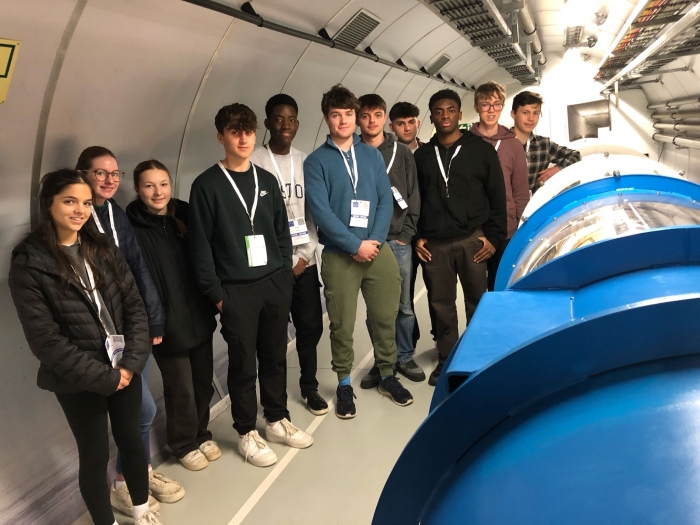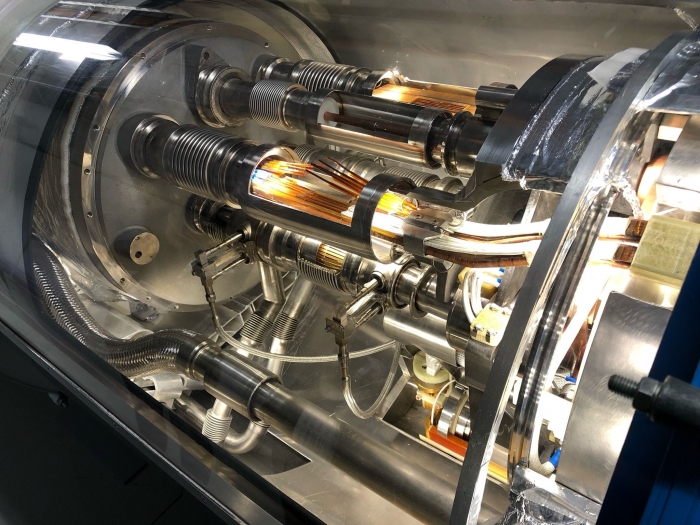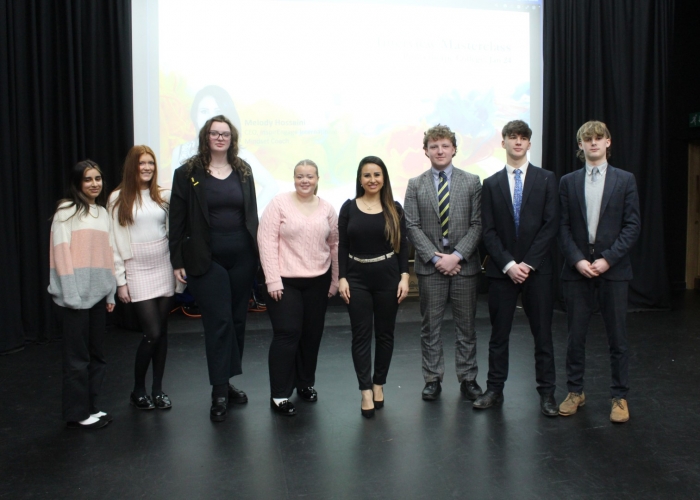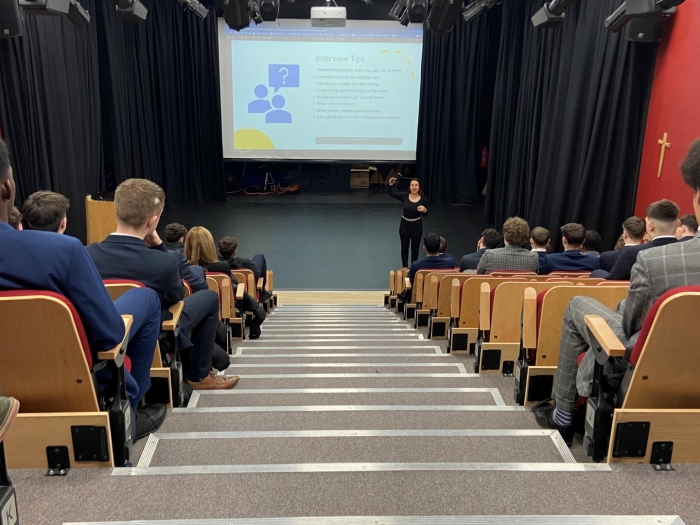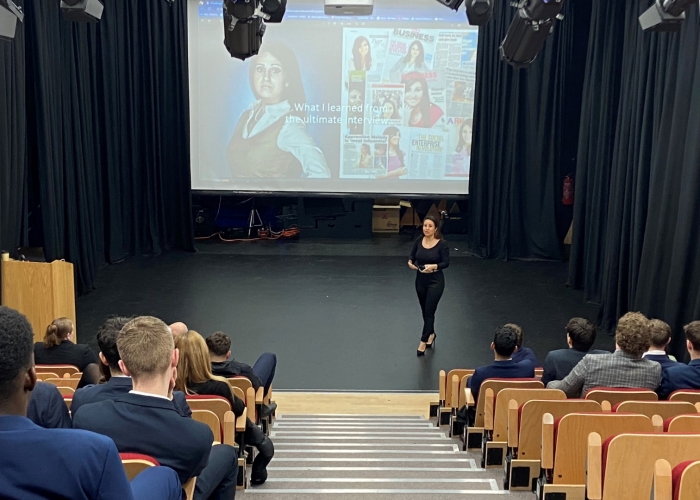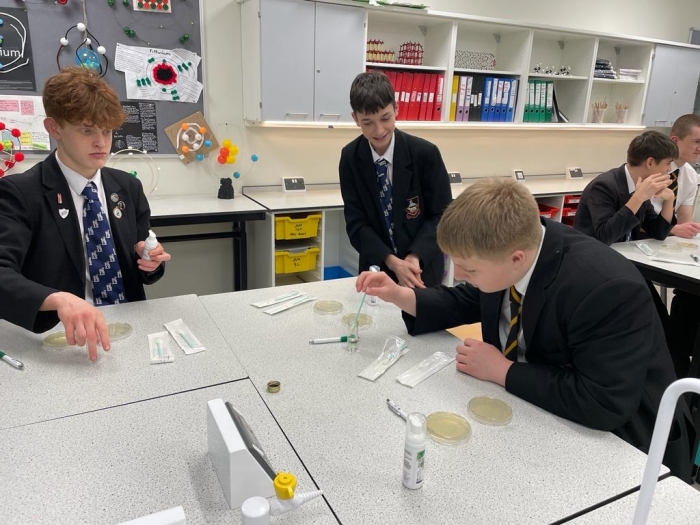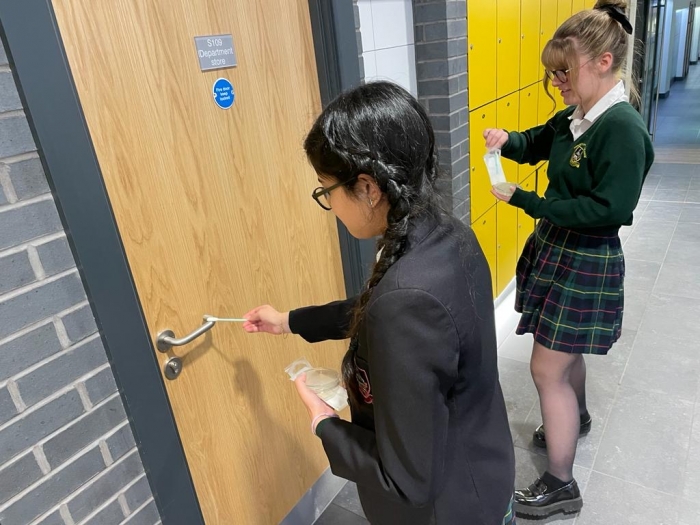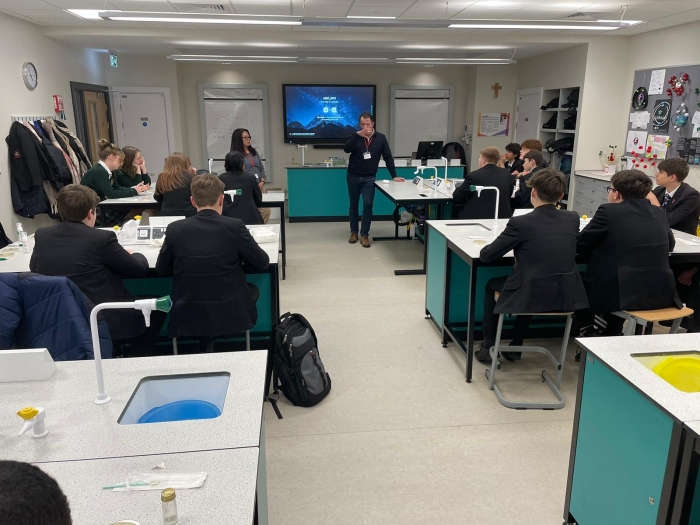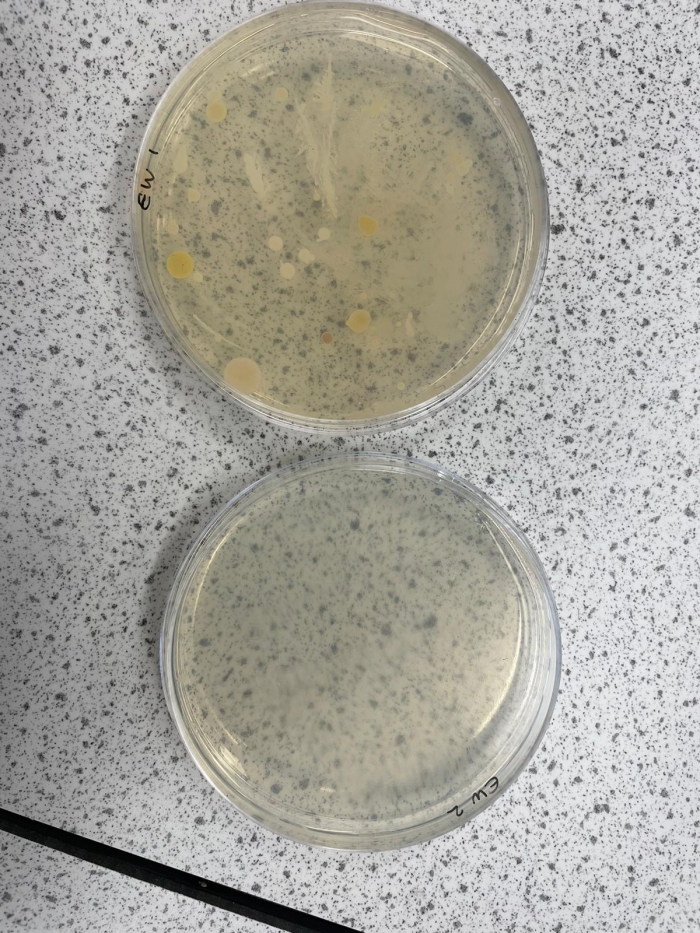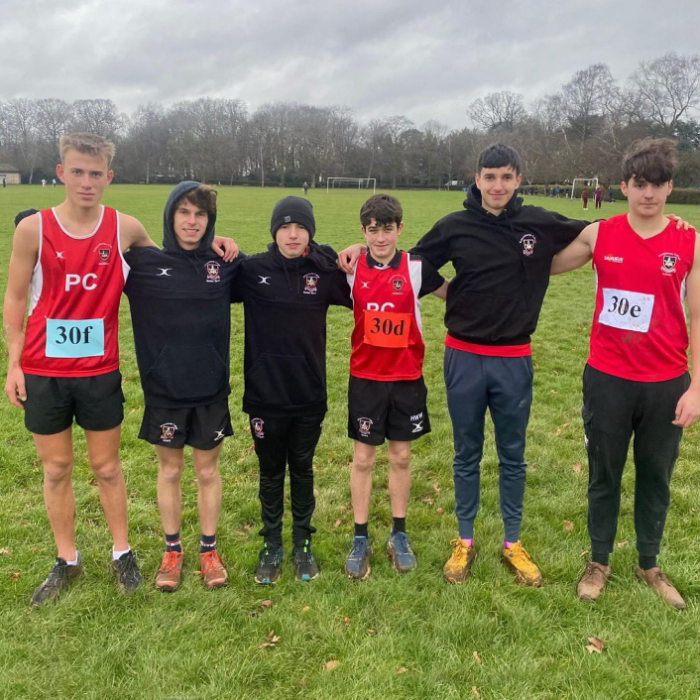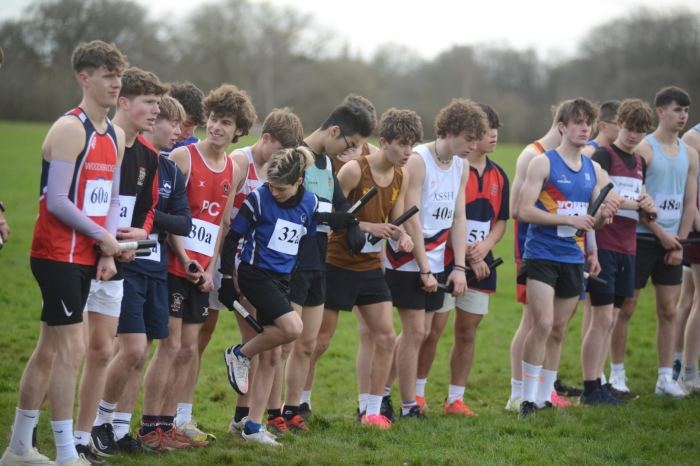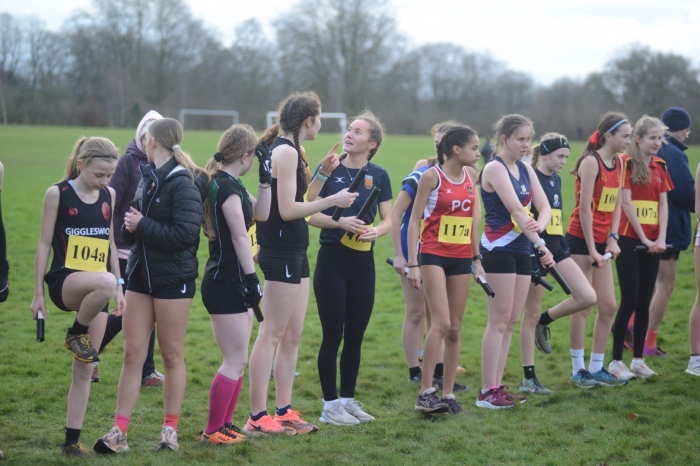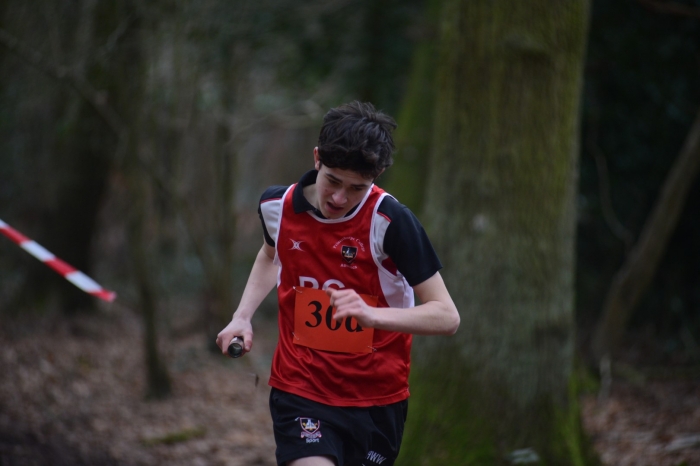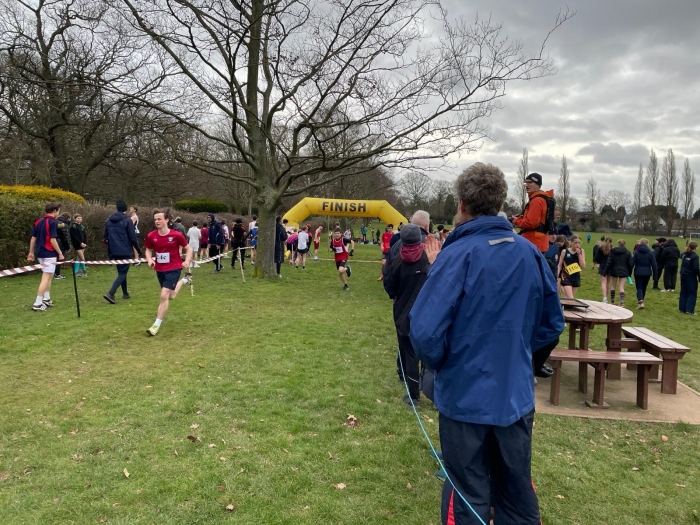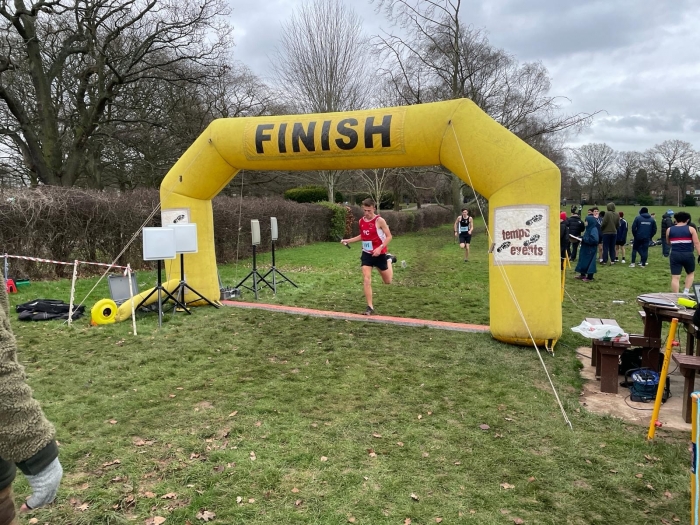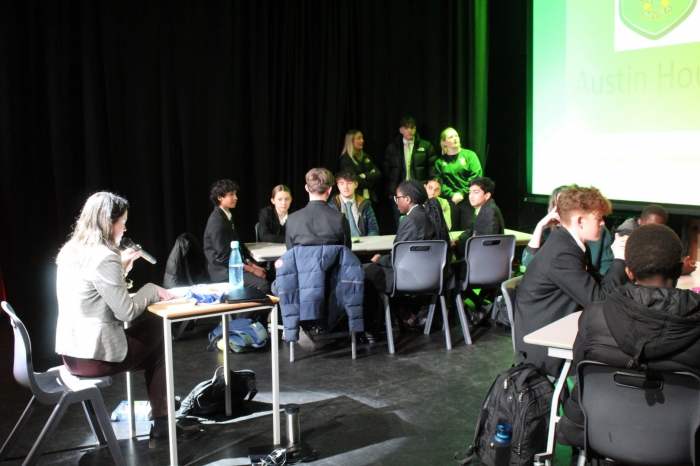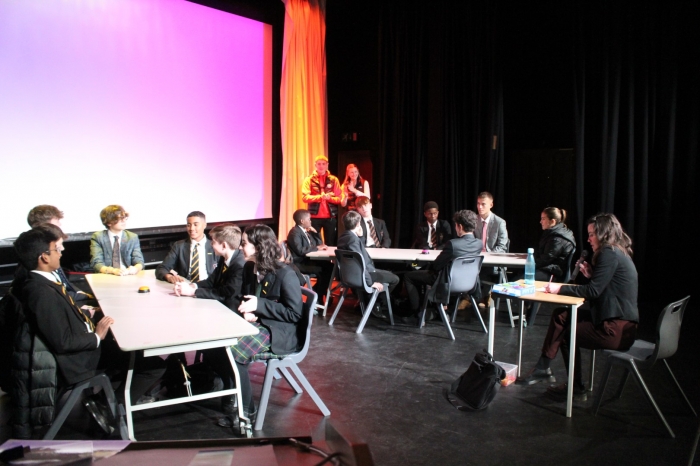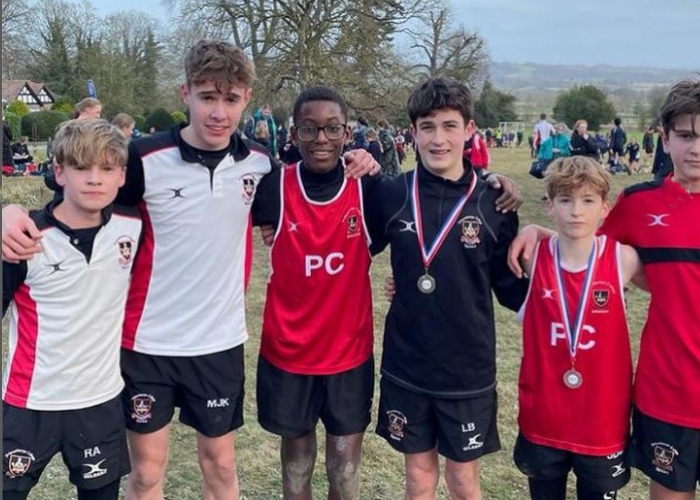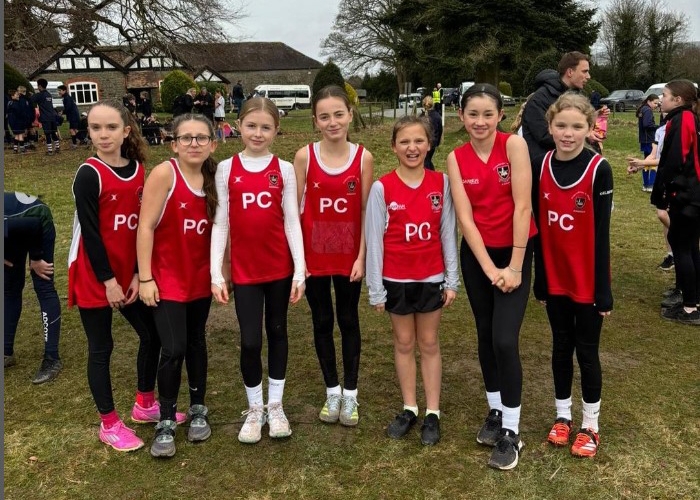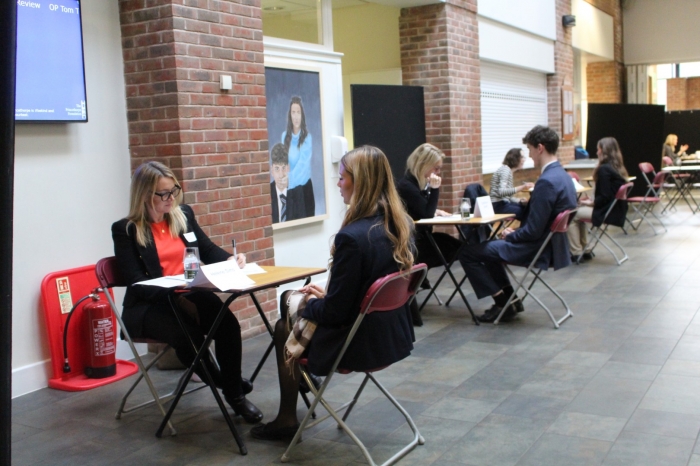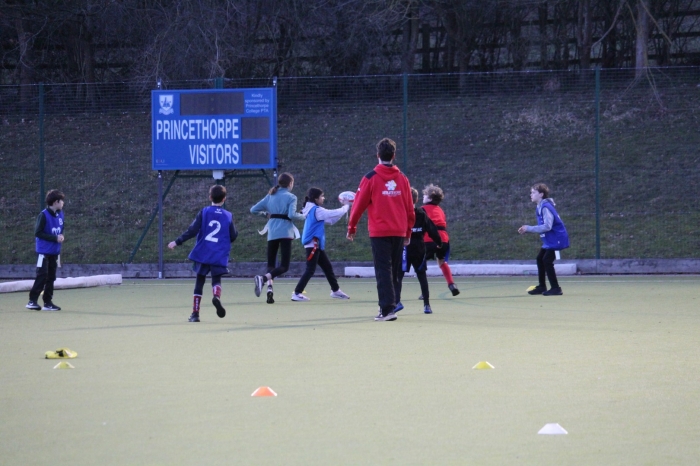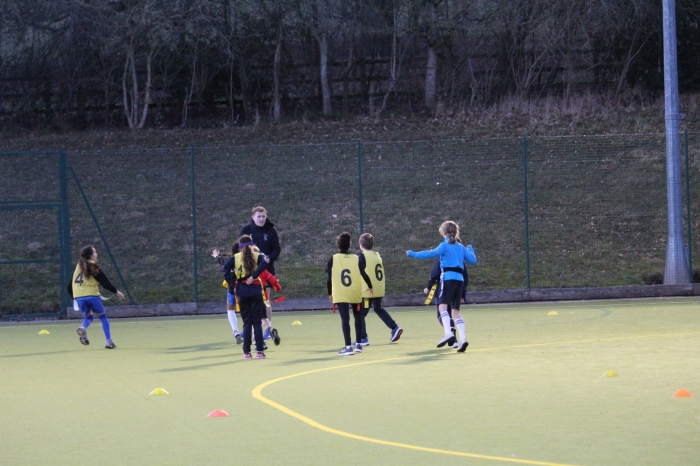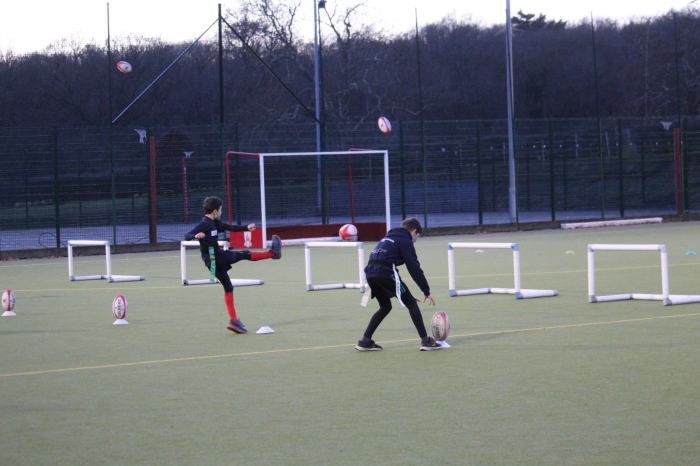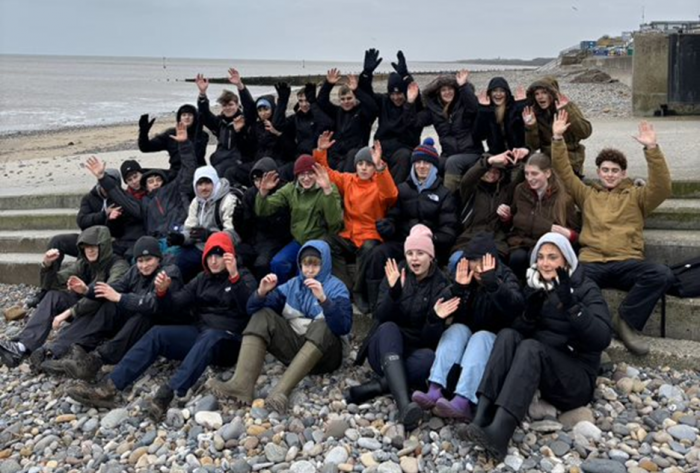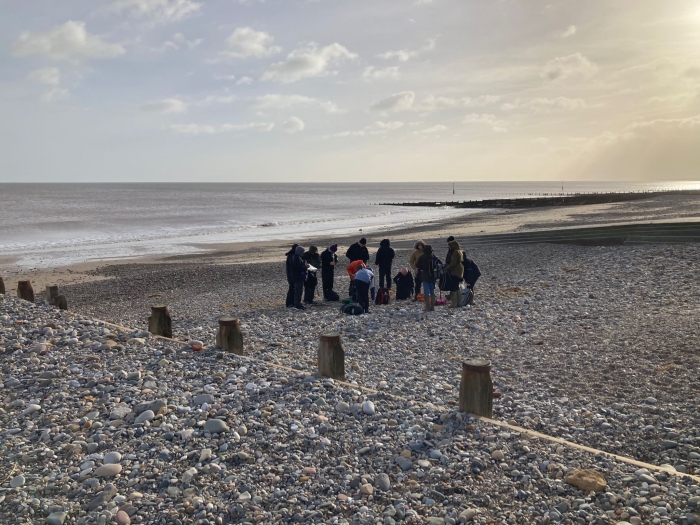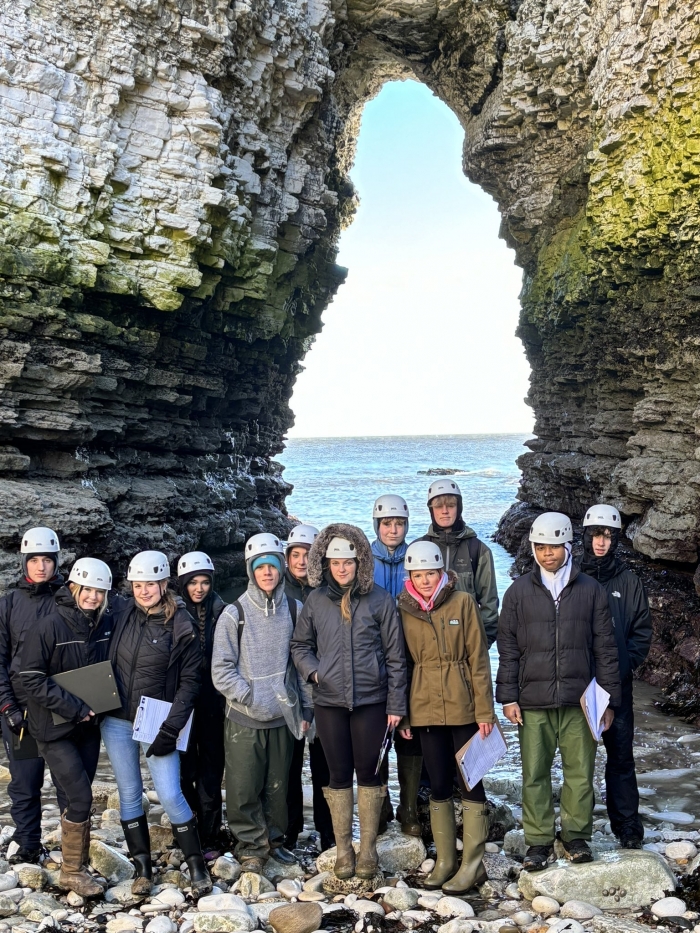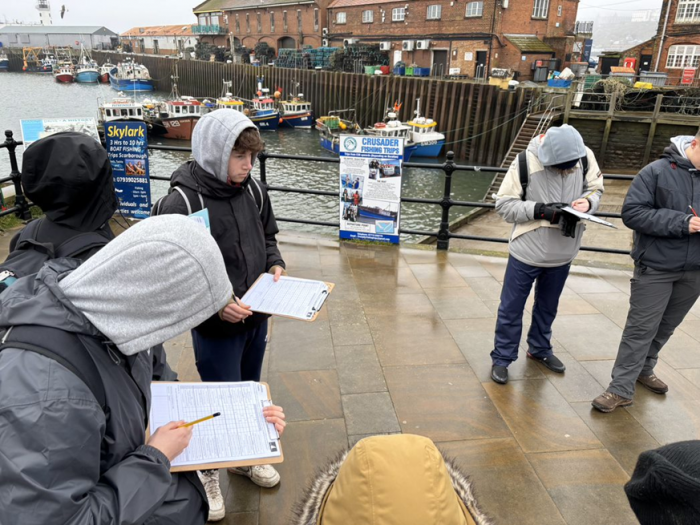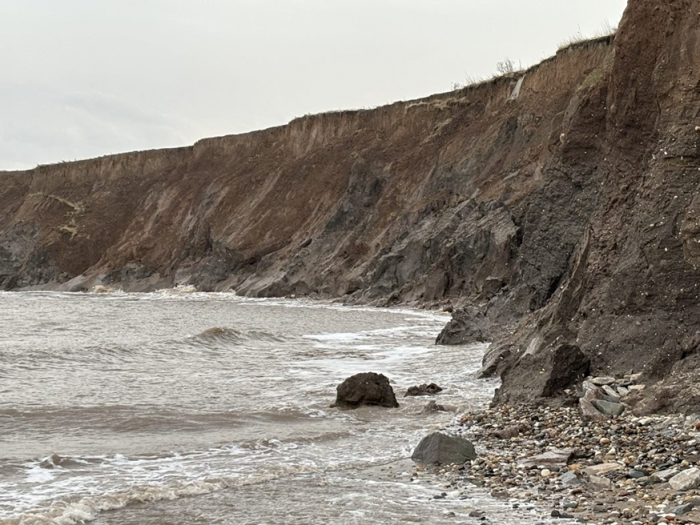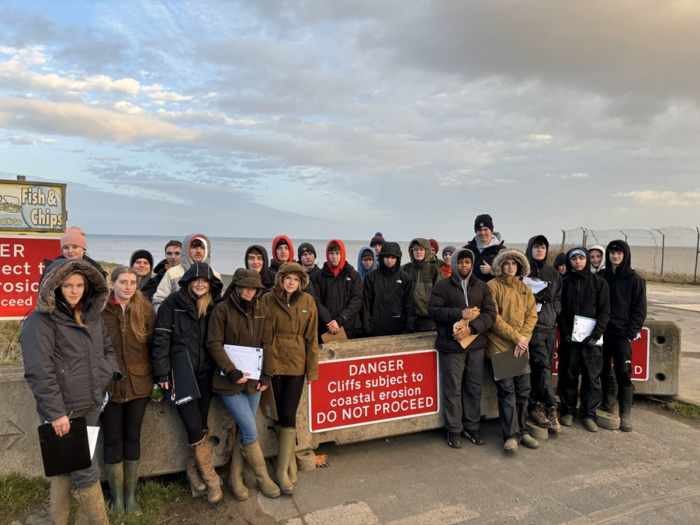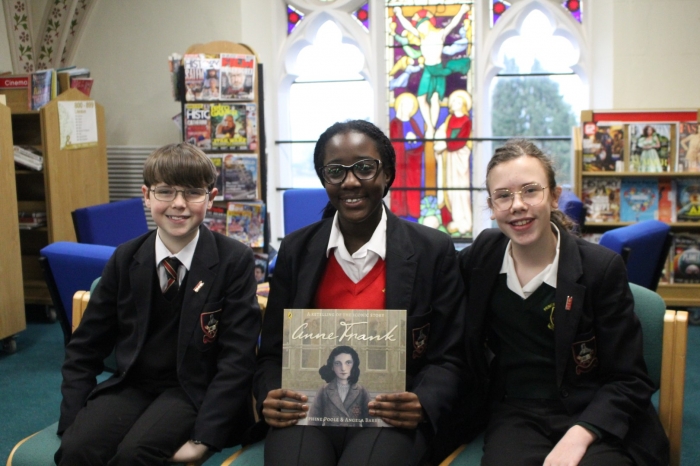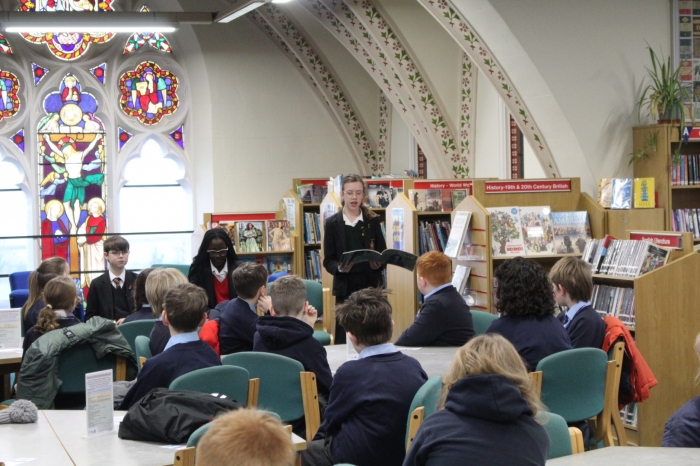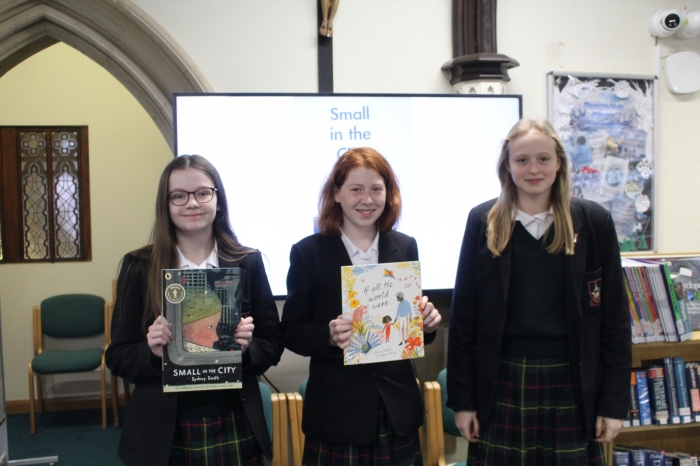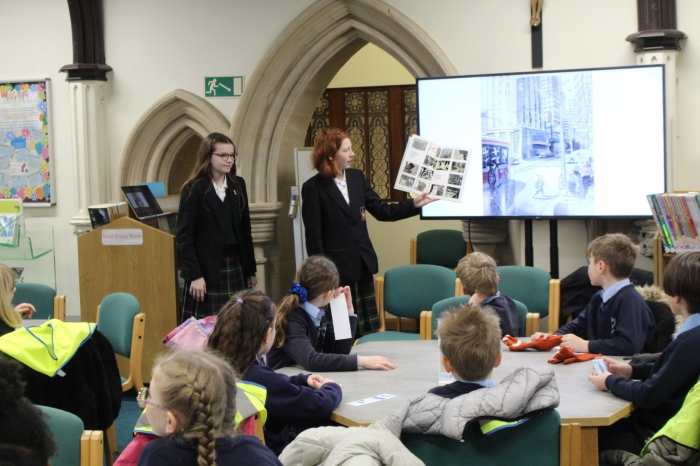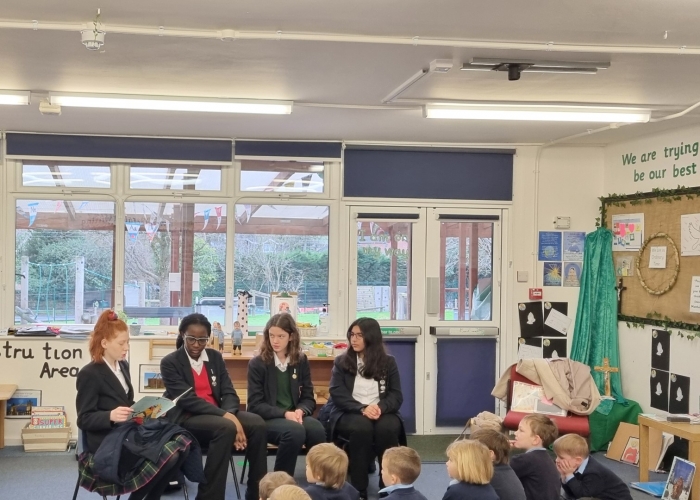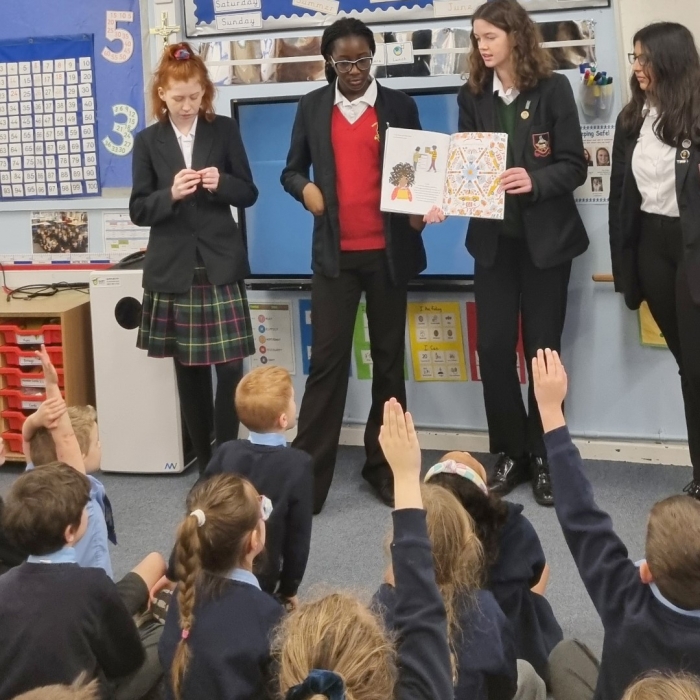After a very early departure from Princethorpe College, 21 Sixth Form students flew to Geneva on Friday 26 January on a mission to visit CERN.
The students summarised their trip for the Flagpole:
"Travelling light with a small backpack, our group led by Mrs Rose with support from Mr Lee spent the first day sightseeing on a self-guided walking tour, taking in the United Nations, Botanical Garden, Lake Geneva where the standard in stone skimming varied from novice to expert, the Science Museum that included a number of hands-on exhibits (comes highly recommended and free entry too!). Then after a few hours downtime at the Geneva Youth Hostel and a hot meal the day concluded with a walking tour of another section of the Lake that was lit up with over 30 installations as part of the Geneva Lux festival, including a variety of lights, lasers and music. From there we ventured into the old town where we explored the architecture laid out along cobbled streets. Day one clocked up 30,000 steps and 20km of distance covered.
The next morning the hostel breakfast set us up well for the day and we travelled by tram to CERN (European Organisation for Nuclear Research) and spent the morning on two tours, the first with a physicist Malik who explained what CERN was trying to achieve, how the particle detector worked and some of the successes such as the invention of the World Wide Web, particle accelerators that are used in medicine and the discovery of the Higgs Boson (an elusive subatomic particle that was predicted, but had not yet been detected). The second tour was to the Cryogenic Research Facility, where we were introduced to how the beams of charged particles were accelerated and steered around the 27km long ring which lies 100m below the city of Geneva, using extremely strong superconducting magnets achieved by supercooling them down to less than -271˚C (below 2 kelvin). The power required by the particle accelerator is equivalent to one third of that consumed by the entire city of Geneva, which we discovered means that experimentation can only be carried out in the warmer months as power is needed for heating over the winter.
A Warwick University PhD student met us for lunch in the refectory and talked to us about his research looking into the W and Z particles, giving an inside perspective on what it is like to work at CERN, some of the challenges he has faced and the excitement of being part of a continuously evolving experiment (a new 100km circumference accelerator is planned to discover even heavier particles in the future).
A second contact also gave us a brief idea of his job – piloting the beams of particles moving at 99.99999% the speed of light in opposite directions around the 27km ring tens of thousands of times per second in order to collide as many of them together as possible over a 24 hour period.
The CERN visit finished with 45 minutes in the brand new exhibition centre, which included a plethora of hands-on demonstrations and interactive sections which brought the physics behind the experiment alive.
A quick stop at Ikea on the way to the airport afforded ourgroup with a decent meal (Geneva was expensive!) and the opportunity to purchase large stuffed animals, before a smooth flight back to the UK and a precision arrival back at school at 11.00pm."
The physicists at CERN remarked on how engaged Princethorpe's Sixth Form students were and Mrs Rose and Mr Lee were certainly impressed with their positive attitude, organisation and willingness to participate.
More information about visiting CERN can be found here: Welcome | Visit CERN Science Gateway tours are free, but often need to be booked in advance.
Comments from the students included:
Oliver: I was fascinated by the CERN exhibition and guided tour, and was especially impressed by the fact that the large hadron collider is so long that it was built with tolerance to compress and expand by 18m in length due to difference in ambient and operational temperatures (a range of 300˚C!).
Alex: I enjoyed the CERN trip and I learnt a lot about the standard model and particle physics, which will help my studies in physics.
Louis: I really enjoyed the night life of Genève, walking past the very aesthetically pleasing buildings with large colourful branding and also the strange yet wonderful little artistic structures adorning the streets.
